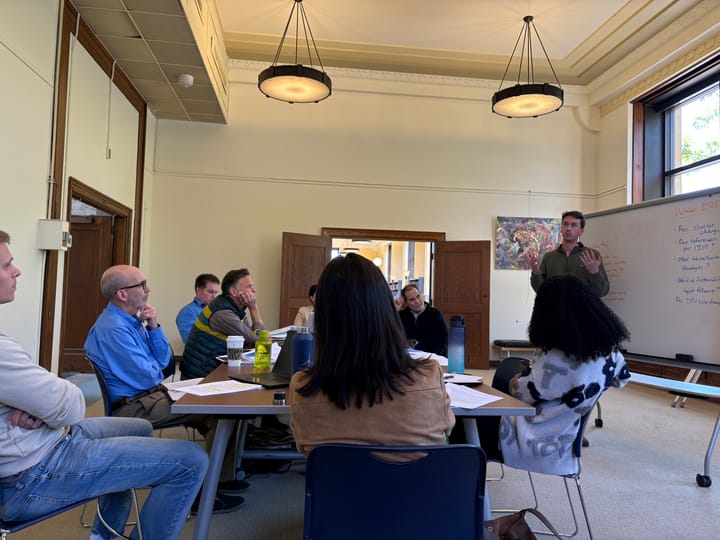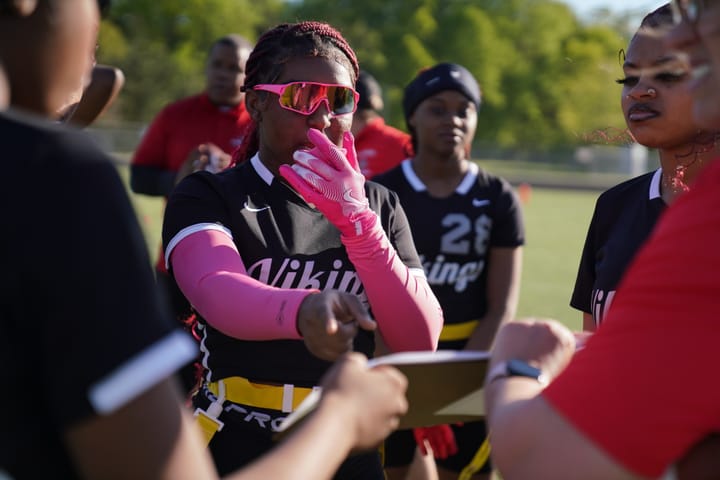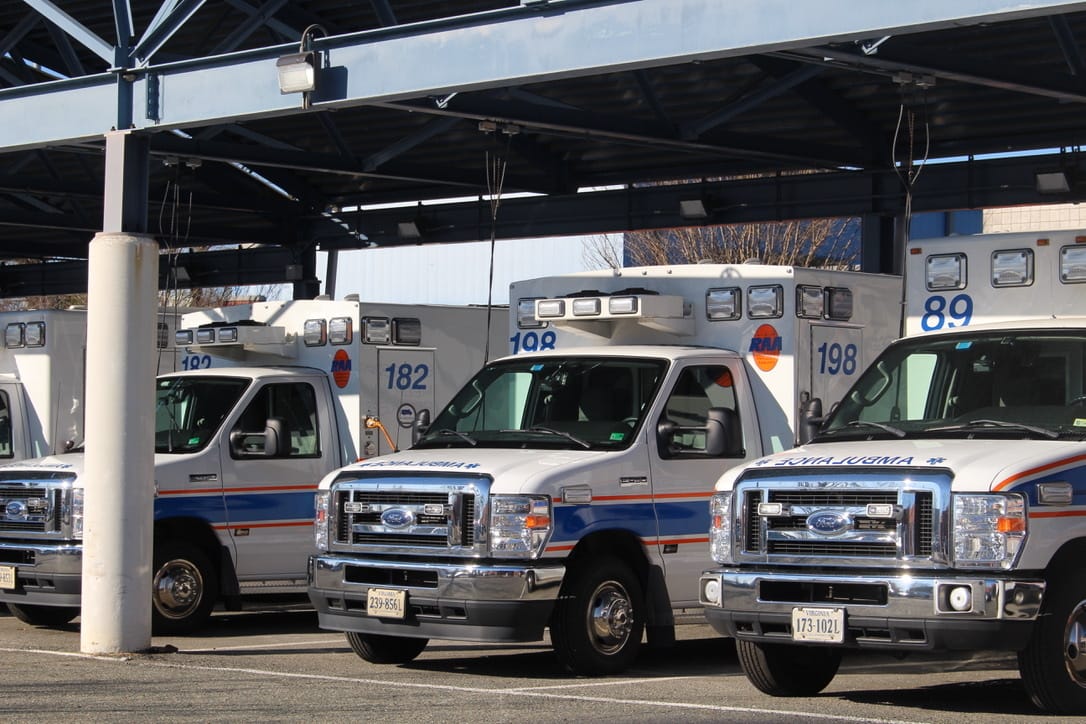
Ambulance authority, city department battle over who will field Richmond 911 calls
The Richmond Ambulance Authority and the city’s Department of Emergency Communications are vying for control over 911 calls for medical emergencies, with both arguing they can provide better service to city residents in need.
The tense debate that occurred before City Council’s Public Safety Committee Tuesday followed a request by the authority this February to return to its role as the primary office that speaks directly with callers seeking medical help. While Richmond’s Emergency Communications Center used to transfer such calls to RAA, in July 2024 the center began handling all the calls itself in an effort to centralize resources.
The city has argued the change, which was recommended by the Robert Bobb Group consultancy and made by former Mayor Levar Stoney’s administration, has sped up call processing times by 60 seconds.
Richmond Department of Emergency Communications Director Stephen Willoughby and Deputy Director for Technology Jackie Crotts said that since July 1, the average time between when a call is received and when it is coded — the determination of what the caller’s problem is for the purpose of directing the right kind of help to them — has fallen from 198 seconds to 134 seconds.
In an emergency, “that’s critical,” said Crotts.
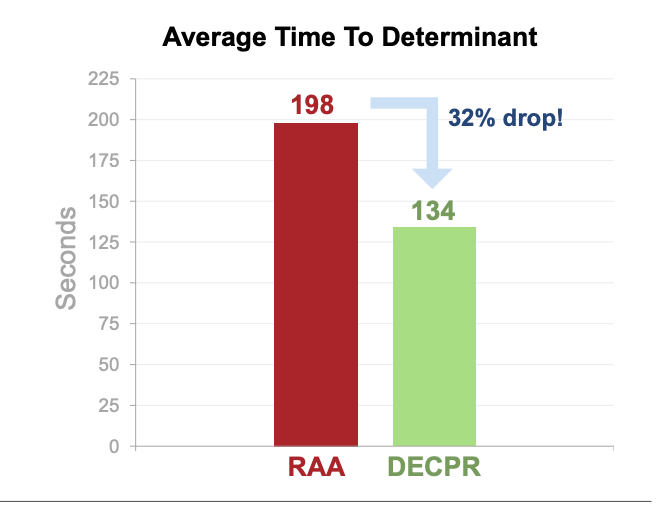
But the ambulance authority says the Emergency Communications Center is incorrectly categorizing many of the calls, leading to delays in getting medical help to people in serious condition and causing responders to scramble to deal with unexpected situations.
Furthermore, it says, the time between receiving a call and coding isn’t as important as other metrics such as accuracy in categorizing cases, because help is often dispatched before a call is coded while the person on the line gets more information about what’s wrong.
Since the city took over calls in July, the number of cases each month where responders have had to “upgrade” the priority they assign to a call because they found it to be more severe than the emergency center had indicated has been more than double what it was in the year prior when RAA was involved in call taking.
In July 2023, for example, RAA head Chip Decker said there have been 11 cases of upgrades. In July 2024, there were 37.
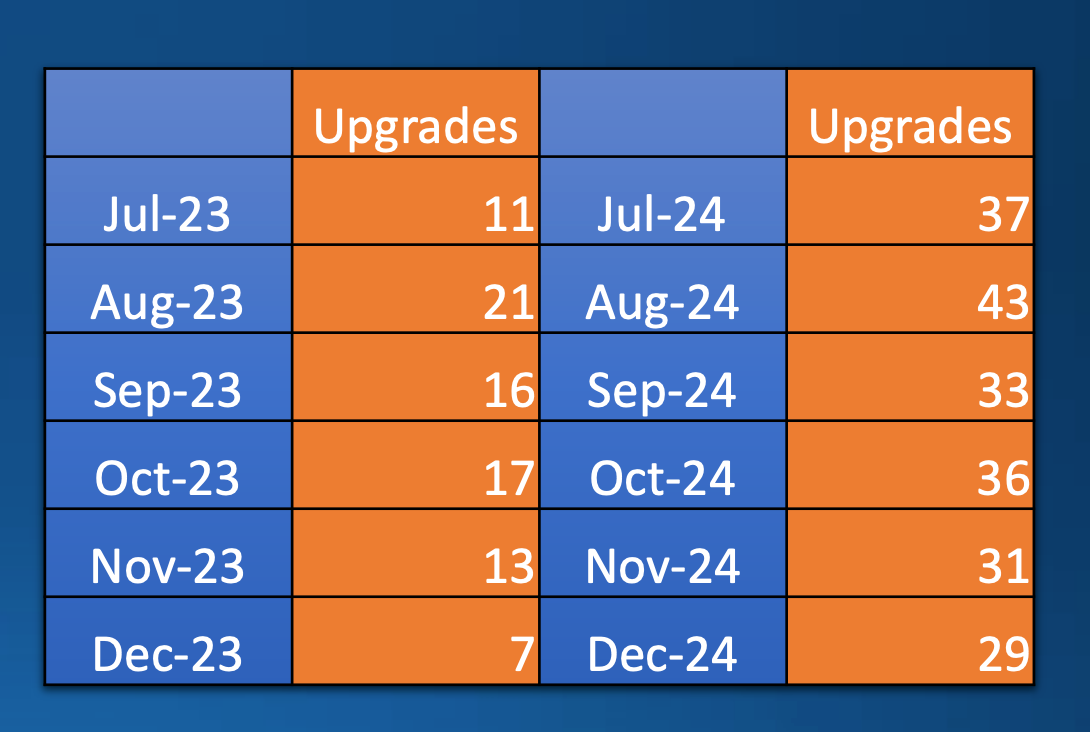
“I absolutely am not trying to be unkind to any of the folks who are on the ground who are taking these calls. I have a lot of respect for what the call-takers do. It is a very stressful job,” Decker told the Public Safety Committee. But, he said later, “I need DEC to get it right.”
Several city councilors have previously noted complaints from constituents about problems with 911 calls, reports that sparked a charged exchange between Willoughby and Councilor Sarah Abubaker (4th District) Tuesday after the emergency communications head declared that “in the city of Richmond, when you call 911, you never get voicemail.”
“You do get people to voicemail,” said Abubaker before holding up her cell phone to play a recording of a 911 call where the line rang several times and then an automated message clicked on saying call volumes were high and to remain on the line.
“That’s the recording we give when all operators are busy. It’s not a voicemail,” said Willoughby, a response Abubaker criticized as “semantics.”
“It’s not a live person,” she said. “It’s an automated response, and they’re still being put on hold.”
Willoughby also said transferring callers from the communications center to RAA increased the likelihood of dropped calls and customer frustration. Having paramedics and EMTs rather than dispatchers take calls “is an antiquated way of doing business,” he said.
While broader trends in 911 dispatch nationwide are towards consolidation and centralization, RAA maintains that the dual system that existed before July 2024 simply worked better for people with medical emergencies. The authority also disputes a claim by the city that a 2020 law requiring certain dispatch training for operators of emergency call centers forbids Richmond from going back to its prior approach.
The disagreement shows no immediate signs of resolution, with committee members asking for both parties to supply data comparing their performance on the same metrics at the body’s next meeting.
“That would give us a better idea of whether or not we’ve made the best policy choice,” said Councilor Stephanie Lynch (5th District).
In the meantime, factions appear to be forming.
RAA’s ask is being supported by the Richmond Firefighters Association, Local 995. Ryan Clarke, a union member and Department of Emergency Communications employee, on Tuesday complained staff hadn’t been prepared or properly trained for the new call responsibilities they assumed in July.
That has led “to a level of service that’s impacting the citizens,” he said.
The city administration, however, seems to be holding steady in its support for the centralized system under the Department of Emergency Communications, sending out a press release shortly after the committee meeting that called the decision to no longer transfer 911 calls to RAA “one of the most significant improvements” in emergency response.
“Every second counts in an emergency, and this operational adjustment not only improves the efficiency of our responders but also alleviates the frustration of those in crisis,” Willoughby said in the release.




